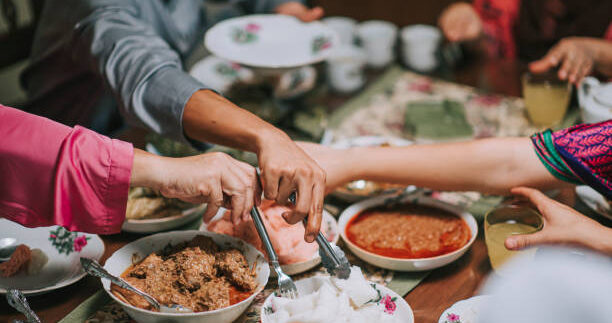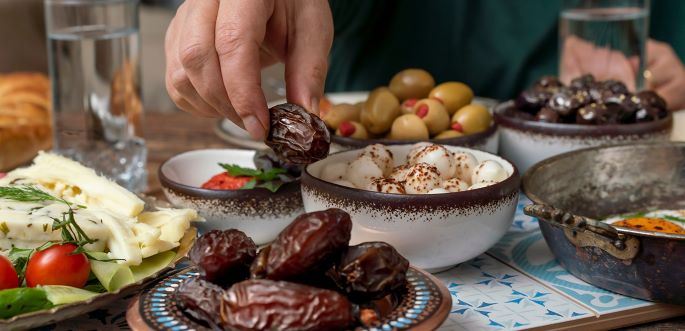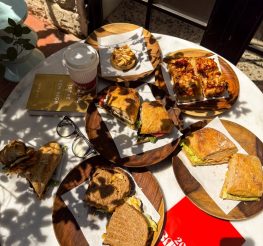7 Diet Habits That Will Help You Fast This Ramadan
healthy habits Iftar Ramadan Suhoor
Nelly Ezz
Image via iStock
Ramadan has finally arrived, and all of us practising Muslims are gearing up for a month-long religious obligation of fasting. This is a time when Muslims show their devotion by abstaining from food and water during daylight hours. While the act may seem difficult, following a healthy diet can make the fast more comfortable, giving energy and strength to tackle the long days. In this article, we will discuss seven healthy eating habits that can help us prepare for fasting during the month of Ramadan.
1. Begin Your Meal with Dates or Fruit

Dates have been a traditional food for Muslims breaking their fast during Ramadan, and for a good reason. Dates are high in sugar and fibre, providing an immediate source of energy and preventing hunger pangs later. Eating dates also stimulates the release of insulin, which helps regulate blood sugar levels. You can check out Linah Farms, Sara’s Organic Food, or Abu Auf for delicious date selections.
2. Hydrate Throughout the Night

Staying hydrated is essential when fasting. You should drink plenty of water and fluids during the early hours of the day to prepare for the fast. Drinking fluids during Iftar will help rehydrate the body. If you don’t like having plain water that much, try adding limes, mint, or cucumbers.
3. Consume Nutrient-dense Foods

Eating nutritious foods is important to provide the body with essential vitamins and minerals. Choose foods with high nutrient values, such as vegetables, fruits, whole grains, and lean protein.
4. Avoid Overly Fried or Processed Foods

Foods that are fried and high in fat can cause indigestion and heartburn. Instead, opt for simple meals that are easy to digest while avoiding foods high in processed ingredients like chips, snacks, burgers, pizza, etc.
5. Take It Easy on the Sweets

Sweets are often part of the celebration for breaking the fast but should be consumed in moderation. Sweets can cause a spike in blood sugar levels, leading to fatigue and sluggishness. So, take it easy on the basbousa and try satisfying your sweet tooth with fresh fruits.
6. Opt for Complex Carbohydrates

Complex carbohydrates take longer to digest, providing a more sustained energy source throughout the day. Good sources of complex carbohydrates include whole-grain bread, rice, and pasta.
7. Don’t Skip Suhoor

Eating a nutritious meal during Suhoor, the meal eaten before fasting, can supply the body with energy for the day ahead. Suhoor should include protein, carbohydrates, and healthy fats to sustain daily energy. Some of us can get lazy waking up in the middle of the night to eat, so if you do not intend to wake up at Fajr, try to eat before heading to bed.
recommended
 Shopping
Shopping
Perfectly Wrapped for the Season: 8 Online Egyptian Bag Brands for Christmas Gifting
Alamki Canella +9 Sights & Travel
Sights & Travel



